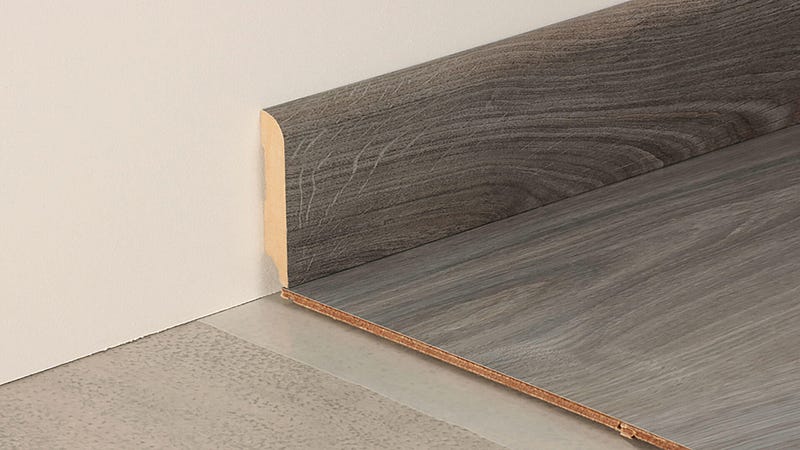Wooden Floor Skirting Enhancing Aesthetics and Functionality

Wooden floor skirting, also known as baseboards or molding, is an essential part of interior design that often gets overlooked during renovations or new builds. While it serves a functional purpose in protecting walls from scuffs and dirt, its aesthetic value is just as significant, offering an elegant finish to any room. This article explores the role of wooden floor skirting, the different types available, and the benefits it brings to both the design and practicality of a home.
What is Wooden Floor Skirting?
Wooden floor skirting refers to the trim or molding that runs along the bottom edge of a wall, where it meets the floor. Typically, it comes in a variety of designs and sizes, and is used to cover the gap between the floor and the wall, which can often look unfinished or unsightly. In addition to its decorative appeal, it provides protection for the lower section of the walls from damage caused by furniture, cleaning tools, and foot traffic.
Types of Wooden Floor Skirting
When it comes to wooden floor skirting, there is a wide range of styles and materials to choose from. Below are some popular options:
Plain Skirting
Plain or straight skirting is simple and versatile. It has a minimalist look that works well in modern or industrial spaces. This style provides clean lines, making it ideal for homes with a contemporary aesthetic.
Ogee Skirting
Ogee skirting features a rounded curve, making it a more traditional and elegant option. This style is often used in classic or vintage interiors, adding a soft, sculpted touch that enhances the room’s charm.
Bullnose Skirting
Bullnose skirting is characterized by a rounded edge, giving it a soft and smooth appearance. This type of skirting is perfect for homes with a more relaxed or cottage-style atmosphere.
Chamfered Skirting
Chamfered skirting has beveled edges, providing a sleek and sharp look. This option works well in both modern and traditional spaces, offering a dynamic design that complements various floor types.
High-Gloss or Satin Finishes
Wooden skirting can also come with different finishes. A high-gloss finish will make your skirting stand out, reflecting light and adding a polished look. Alternatively, satin finishes provide a more subtle elegance, making them perfect for homes seeking a quieter, more understated appeal.
Benefits of Wooden Floor Skirting
Protection for Walls
Wooden skirting is primarily designed to protect the lower portion of walls from wear and tear. Whether it’s damage from cleaning equipment, vacuum cleaners, or accidental bumps, skirting shields the walls from unwanted scuffs and marks.
Hiding Gaps and Imperfections
It’s common for floors and walls to have small gaps or uneven edges where they meet. Skirting covers these imperfections and gives a tidy, seamless look to the room.
Enhancing the Room’s Aesthetic
Wooden skirting adds character and warmth to any room. The material itself adds richness, and with the variety of designs available, it’s easy to find a style that complements the overall theme of the room. Whether your space is modern, traditional, or eclectic, wooden skirting can elevate the aesthetic appeal.
Increased Property Value
Investing in quality wooden skirting can increase the value of your property. Potential buyers often appreciate the fine details, and well-installed skirting gives an impression of quality craftsmanship.
Easy to Maintain
Wooden skirting is easy to clean and maintain. Regular dusting and occasional touch-ups with wood polish are usually sufficient to keep it looking fresh.
Conclusion
Wooden floor skirting qatar may be a small element in the grand scheme of interior design, but it plays a significant role in enhancing both the functionality and beauty of a space. Whether you’re renovating an old home or building a new one, adding wooden skirting is a simple yet effective way to elevate the room’s style and provide protection to your walls. From sleek and modern to ornate and traditional, there’s a wooden skirting style to match every design preference.
Comments
Post a Comment